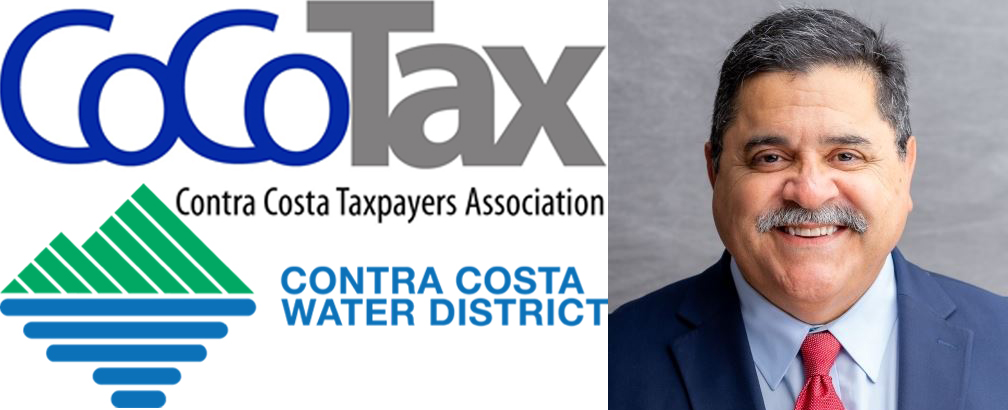Fact check: Claims swirling on CA gas tax increase to 61.2 cents per gallon July 1
Monday, June 30th, 2025
A legislatively mandated and voter-approved gas tax increase of 1.6 cents and updated fuel standards that could, according to experts, translate to 5 to 8 cents not 65 cents per gallon
What you need to know: There are many disingenuous claims swirling about California gas prices “set to soar” – the truth is that gas prices won’t come anywhere close to increasing by 65 cents, as many would have you believe.
By Office of the California Governor
SACRAMENTO – California gas prices are 20 cents lower than one month ago and 17 cents lower than one year ago – despite a swirl of misinformation drawing attention to current prices.
According to a 2024 report, thanks to major improvements in fuel efficiency, California drivers rank 45th in the nation for gasoline consumption and 21st in spending on gasoline per capita. Trump’s tariffs and policies impacting the price of crude oil stand to swing gas prices far more than any state policy.
Driven by misinformation pushed by Republican lawmakers and the oil industry, there remains a lot of speculation about California gas prices. Here are the facts.
CLAIM: California gas prices will go up by 65 cents or higher on July 1.
FALSE. There are two separate changes to fuel prices expected on or around July 1 – a legislatively mandated and voter-approved gas tax increase of 1.6 cents and updated fuel standards that could, according to experts, translate to 5 to 8 cents.
- Gas tax: California’s gasoline tax will increase by 1.6 cents per gallon, starting July 1, as required by law. This annual inflation increase was enacted by the Legislature in 2017 to help pay for road repairs – and overwhelmingly approved by voters in 2018 when they rejected a repeal attempt.
- Fuel standard: Additionally, changes to the state’s Low Carbon Fuel Standard (LCFS) – which is not a tax – have been requested to go into effect on July 1. Experts at UC Davis estimate this program, first established by Republican Governor Arnold Schwarzenegger, could add between 5 and 8 cents per gallon – well below one extreme projection that showed 65 cents. In the long term, LCFS is estimated to reduce fuel costs for Californians per mile by 42% – translating to savings of over $20 billion in gasoline costs every year by 2045. Studies also show that LCFS credit prices have no correlation with gasoline prices.
CLAIM: Gas prices could top $8 a gallon by next year.
FALSE. That number – widely reported in the media – comes from an unscientific analysis whose author has close ties with the oil industry and has been on the payroll of the Kingdom of Saudi Arabia. The author fails to provide evidence to support his main claim and only relies on vague references to models with no details on what those models are based on. Other experts, such as these Stanford economists, say gas price increases based on recent refinery announcements are likely to be negligible.
CalTax Says Gas Tax Will Increase to 61.2 Cents per Gallon
According to the California Taxpayers Association, California’s excise tax on gasoline will increase to 61.2 cents per gallon July 1, an increase of 1.6 cents per gallon over the current rate of 59.6 cents per gallon, the California Department of Tax and Fee Administration announced June 4.
The tax rate on diesel fuel – a matter of great interest for many businesses, especially those in the trucking and agricultural industries – will increase from 45.4 cents per gallon to 46.6 cents per gallon, likely leading to higher costs for consumers for many goods and services.
The tax increases are in addition to any other increases that may be imposed as a result of fuel standards developed by the California Air Resources Board (CARB). Increases resulting from CARB actions also would take effect July 1.
The gas tax rate has more than doubled during the past 10 years. The largest year-to-year increase occurred in 2017 as a result of SB 1 (Chapter 5, Statutes of 2017), which increased gas tax by 12 cents per gallon and increased the diesel tax by 20 cents per gallon (both effective November 1, 2017) and required that the rates be adjusted annually based on the California Consumer Price Index.
Although Californians often mention vehicle-related taxes as a topic of major concern – and cited an increase in the vehicle license tax as a major factor in their decision to recall Governor Gray Davis in 2003 – the CDTFA did not issue a news release or use its social media channels to alert the media or general public to the increase. Instead, the increase was posted on the agency’s website as a special notice to retailers of gas and diesel fuels.
Allen D. Payton contributed to this report.








































